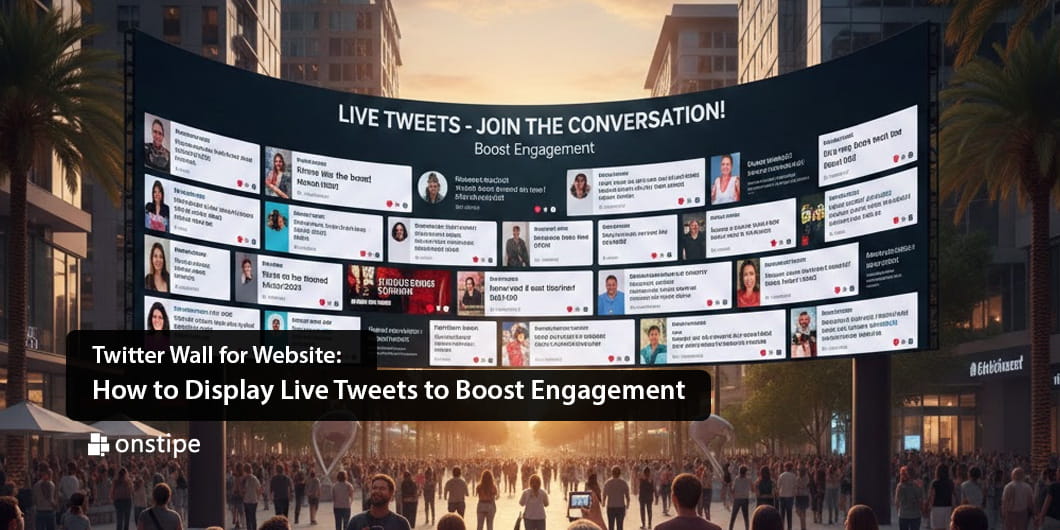People want real conversation. That need feels stronger now because so much online interaction feels rushed or transactional. Nonetheless, many apps focus on swiping, quick reactions, or highlight reels. That format makes the connection feel shallow and temporary.
Spontaneous chat platforms offer something different. You start with a clean slate. No profile pressure. No long bio. No expectations. You meet someone new and talk because you feel like talking. That freedom can make conversations feel spontaneous, honest, and refreshing.
In this guide, we explore some of the best chat platforms.
Platforms Worth Trying for Meaningful Conversation
People use random chatting apps for different reasons. Some want friendship. Others are curious about voices and stories from places they may never visit. With that in mind, some platforms stand out. Here are some platforms that consistently create better, more natural conversations with new people.
Emerald
Some platforms make the connection feel comfortable by offering options rather than locking you into one format. As such, a random chat on Emerald Chat can start with text before you switch to video chat when the conversation builds well. That choice removes pressure and lets the interaction grow at a pace that feels comfortable.
Emerald matches people based on shared interests. That small detail makes a big difference. When you start with something in common, the chat flows without pressure. As such, you do not spend the first minute explaining who you are or why you are on that platform.
The design feels calm. No flashy features. No noise. That helps you focus on the person you’re speaking with. It works well if you want a slower pace and space to talk without constant skipping or chaotic energy.
Slowly
Some conversations take time to feel meaningful. When replies come too fast, the exchange can feel rushed or surface-level. Hence, Slowly stands out. It encourages a slower rhythm so the conversation has room to grow.
You write a message the way you would write a letter. Then you wait. The delivery time depends on the distance between you and the other person, which adds a pen-pal feel. That pause gives both sides space to think rather than react.
The platform connects people through shared interests, hobbies, or topics. That helps the first message feel easier and more intentional. As such, you’re not guessing what the other person wants to talk about.
Yubo
Some people enjoy group rather than one-to-one conversations. It feels easier to talk when the pressure is not on you alone. Yubo leans into that idea by creating a space where you join live rooms based on shared interests. You can talk, listen, or ease in quietly until you feel comfortable. It does not put an expectation to outdo yourself. If the vibe feels right, you speak. If not, you stay and observe until you’re ready.
Outside the live rooms, the platform has tools to continue the connection if someone stands out. You can add them, message them later, or meet again in another room. That continuity makes the interaction feel real rather than temporary.
Azar
It feels refreshing to talk to someone whose experiences or worldview differ from your own. Azar focuses on that kind of global connection.
Thus, the platform pairs you with people from around the world through random video interactions. You see the person right away, which makes the exchange feel direct and personal. If you prefer structure, you can use language or region filters to make the matches feel more intentional.
Azar includes translation features to assist when two people speak different languages. It can also make the experience feel more welcoming for people who are not fluent in English.
Monkey
Monkey feels different from slower chat platforms because everything starts fast. You open the app, get matched, and you can start your face-to-face conversation. That immediacy can feel exciting if you like spontaneous interactions.
There is room for choice, though. You can set basic filters like age or shared interests if you want the conversation to feel more focused. That small bit of control helps the experience feel intentional rather than chaotic.
Tandem
Tandem focuses on language exchange, which naturally leads to deeper conversation. Instead of random matching without context, the platform connects users based on the languages they want to learn and the languages they can teach. This structure creates shared purpose from the start, which helps conversations move beyond small talk.
The platform offers tools like in-chat corrections, pronunciation help, and translation support. These features allow both people to stay engaged without breaking the flow to search for words or grammar rules. Over time, many users evolve from structured practice to casual conversation, which can make interactions feel more personal and consistent.
Chathub
Chathub keeps the format simple but includes filters that make matching feel less chaotic. You can choose preferences like language, region, or interests before connecting. Those filters may not guarantee a perfect match, but they help avoid jarring or unrelated pairings.
The platform supports text and video. Text works well if you want a slower start or want to feel out the tone before turning on the camera. Video is available when you want something more direct and personal. Switching between the two feels straightforward rather than disruptive.
Moderation and reporting tools are built in, which helps reduce spam and inappropriate content. While no chat platform is perfect, Chathub has stronger guardrails compared to older versions of this format.
Shagle
Shagle keeps the random chat idea straightforward. You connect with someone quickly and move on when the conversation feels complete. There’s no profile setup, no lengthy onboarding, and no pressure to commit to a match.
One feature that stands out is the option to use virtual masks during video chat. It gives people a way to join face-to-face conversations while keeping a layer of privacy until trust builds. That small detail helps some users feel safer or more relaxed when starting a new interaction.
Shagle also gives you basic filters like location, which can make the experience feel more aligned with what you want. Some use it to meet people nearby. Others use global matching to talk to someone from a completely different environment.
Conclusion
Real connection online depends less on the platform and more on how you choose to engage with it. Some people find it through interest-based matching, where shared topics remove the pressure to force conversation. Others prefer live group spaces that make interaction feel social and familiar rather than one-to-one and intense. And some build meaningful exchange through slower messaging styles that allow time, intention, and reflection. Choose what suits your communication needs.







